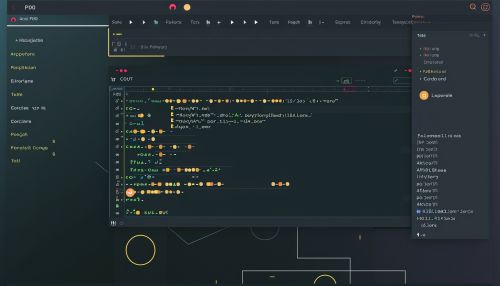Prolog
Introduction
Prolog, short for Programming Logic, is a high-level programming language associated with artificial intelligence and computational linguistics. It is a logic programming language, which means it is based on the principles of logic and allows for the expression of logic in a formal, machine-readable way.
History
Prolog was first developed in the 1970s by Alain Colmerauer and Philippe Roussel at the University of Aix-Marseille in France. The language was designed to be used in natural language processing and quickly gained popularity in the field of artificial intelligence.
Principles of Prolog
Prolog is based on the principles of logic programming. This means that a Prolog program consists of a series of facts and rules, which are used to infer new information. Prolog uses a form of symbolic logic known as first-order logic, which allows for the expression of statements about objects and their relationships.


Syntax and Semantics
Prolog's syntax is simple and consistent, making it easy to learn and use. The language uses a small set of built-in predicates, which are used to manipulate data and control the flow of execution. Prolog's semantics, on the other hand, are based on the principles of logic and are therefore quite different from those of most other programming languages.
Prolog in Artificial Intelligence
Prolog is widely used in the field of artificial intelligence, particularly in areas such as natural language processing, expert systems, and automated theorem proving. The language's ability to express complex logical relationships in a concise and readable way makes it an excellent tool for these applications.
Prolog in Computational Linguistics
In the field of computational linguistics, Prolog is used to model and analyze natural language. The language's powerful pattern-matching capabilities make it well-suited to tasks such as parsing and semantic analysis.
Prolog Implementations
There are many different implementations of Prolog, each with its own strengths and weaknesses. Some of the most popular include SWI-Prolog, GNU Prolog, and Sicstus Prolog.
Criticisms of Prolog
Despite its many strengths, Prolog is not without its critics. Some argue that the language's reliance on logic makes it difficult to use for certain types of problems, while others criticize its lack of standardization and its performance in comparison to other languages.
Conclusion
Prolog is a powerful and flexible programming language that has made significant contributions to the fields of artificial intelligence and computational linguistics. Despite its critics, the language continues to be widely used and studied, and its principles continue to influence the development of new programming languages.
